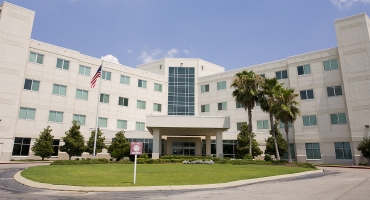Cancer treatment can be complex, but these pages will describe your options in easy-to-understand terms. You will learn about choosing a blood cancer specialist, understanding lab and imaging tests, making treatment decisions, managing side effects, when to consider complementary and alternative therapies, and more.
Please consider a donation to LLS so we can continue to provide patient support and education and fund research to improve outcomes for all blood cancer patients.











